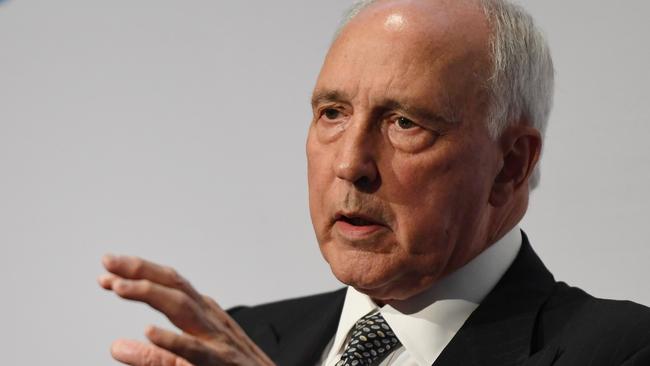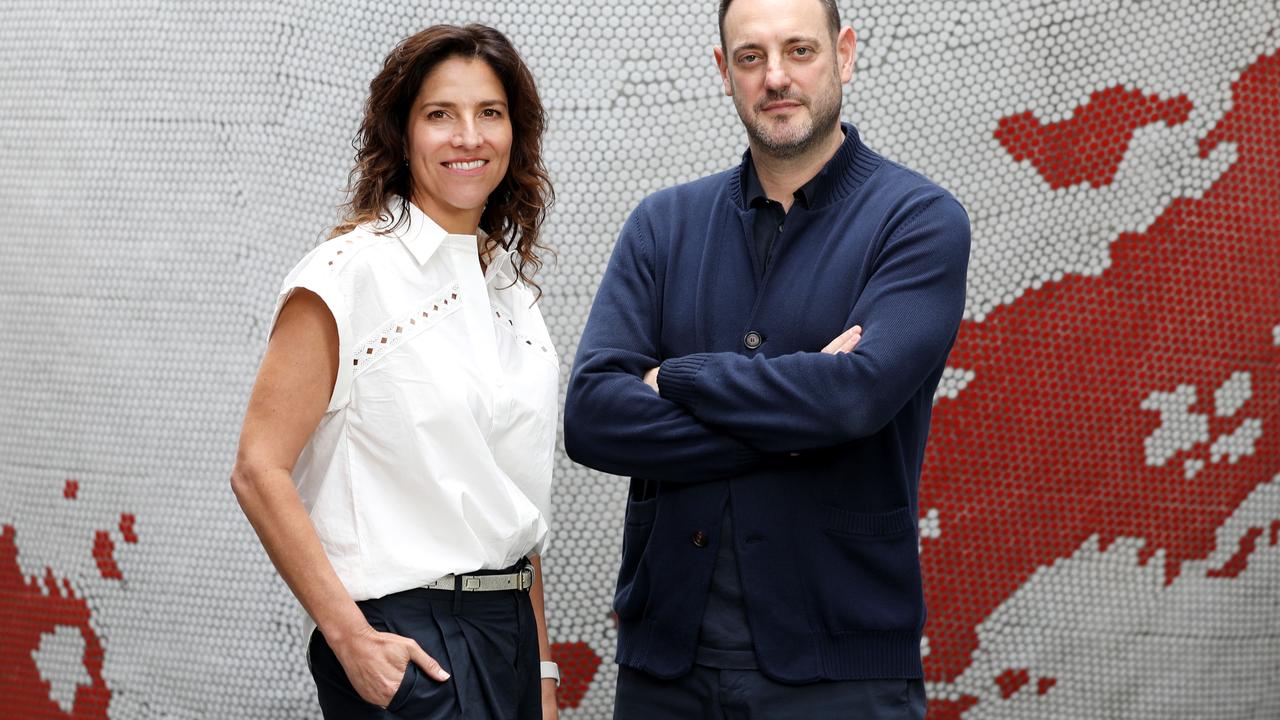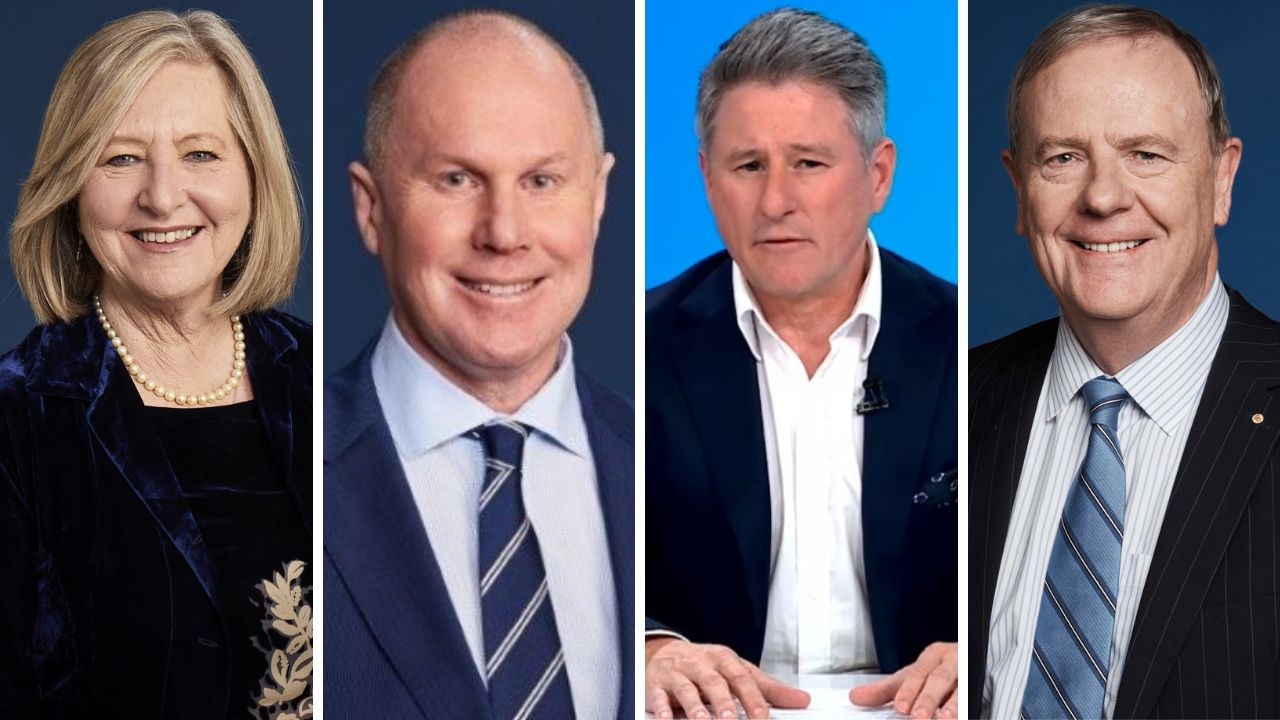Paul Keating slams ACCC decision to approve Nine, Fairfax merger
Paul Keating has slammed the ACCC’s approval of the Nine, Fairfax merger; Bill Shorten “sceptical” of the merger’s merits.

Bill Shorten has joined Paul Keating in slamming the Australian Consumer and Competition Commissions decision to approve the merger of Fairfax and Nine.
The Opposition Leader said he was “extremely sceptical” of the merger’s merits because journalists’ jobs may be lost and there would be less competition in the media industry.
“I am extremely sceptical of the merits of that decision. It’s happened. I’m concerned about jobs that which may be lost for working journalists,” Mr Shorten told reporters in Perth.
“Condensing media ownership in Australia is not healthy. The argument that says that the Twitter-sphere and social media compensate for a greater concentration of ownership for our newspapers and television stations, I don’t accept.
“Major newspapers and free-to-air television still set the agenda … I am concerned with greater concentration of media ownership in this country we will see less competition, more job losses.”
But Mr Shorten said it would be difficult for a future Labor government to reverse the ACCC’s decision.
“It’s very hard to put Humpty back together again,” he said.
Mr Keating, prime minister from 1991 to 1996, told The Australian today that the ACCC’s decision was “truly appalling” and does not fully comprehend the influence of print journalism.
“The defeat of the cross media laws by Malcolm Turnbull and his government, left the former legislative protection of print to the ACCC,” the former prime minister said in a blistering statement today.
“The ACCC has today displayed its intellectual and policy weakness by consigning The Sydney Morning Herald, The Age and The Australian Financial Review to the ethical dustbin of Channel 9.”
“The ACCC’s naive waffle in its media statement today that ‘Nine’s television operations and Fairfax’s main media assets do not compete closely with each other’, shows a complete misunderstanding of the role of capital city print journalism in shaping the media debate in television and print on a daily basis.”
“The notion that, as the ACCC says, The Guardian, The New Daily, Buzzfeed, Crikey and The Daily Mail can be seen as adjuncts to the print mastheads of trust and scale, is simplistic nonsense unbecoming of an economic body as the ACCC should be.”
He lashed Channel 9 for their lack of journalistic ethics which he anticipated will now infect the Fairfax print products.
“A low-rent, news organisation, Channel 9, will have editorial command of the major print mastheads in the country,” he said. “This will poison quality journalism; but more than that, remove chunks of local specific political issues, normally covered by newspapers, from the political debate.”
Mr Keating, who led the creation of the cross-media laws as Treasurer in the 1980s, said this decision effectively skewers media diversity in Australia.
“The cross media rules which the Hawke government introduced, protected capital city print journalism from domination by television companies for thirty two years,” he said.
Mr Keating, who served as Treasurer (1983-91) and Prime Minister (1991-96), said the ACCC had abrogated their duty and its commissioners should “hang their heads in shame”.
“Claims by the ACCC that what it may decide, may not travel well in the courts, only points up the ACCC’s gutlessness,” he said.
“Like a bunny caught in the headlights, having a go in the courts is too much for it to contemplate. This is the problem of having bureaucrats decide major political and plurality issues. They are simply not up to it.”
Australia’s biggest media union, the Media Entertainment & Arts Alliance, said the ACCC’s decision is a “body-blow to media diversity”, and the start of more big deals that will hurt news coverage and jobs.
“Given the ACCC’s failure to take the concerns raised by MEAA and the public into account, we will be making a robust case to the new owners of Fairfax to sign a new charter of editorial independence, guarantee there will be no closures of newsrooms or titles, especially in regional areas, and maintain existing wages, entitlements and employment conditions,” MEAA CEO Paul Murphy said.
Additional reporting: Richard Ferguson, Lilly Vitorovich




